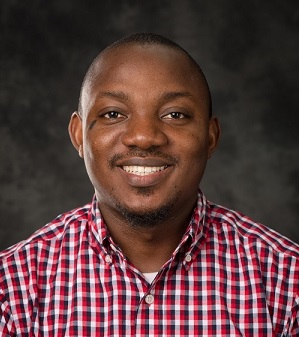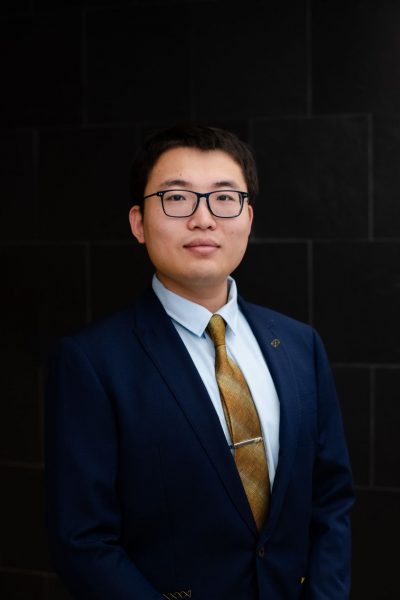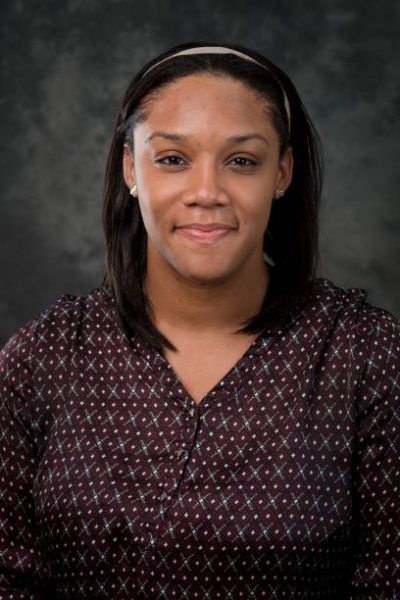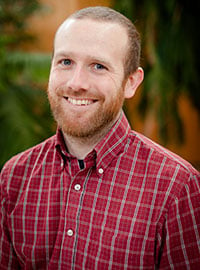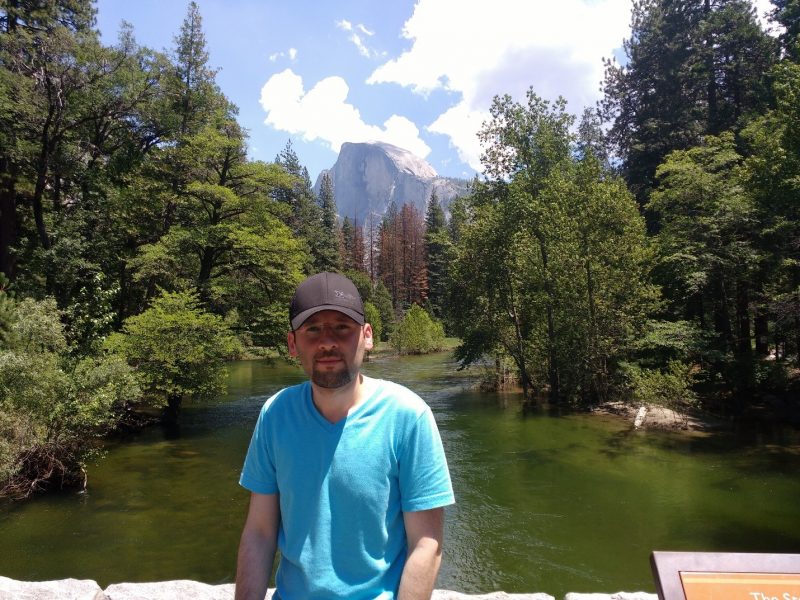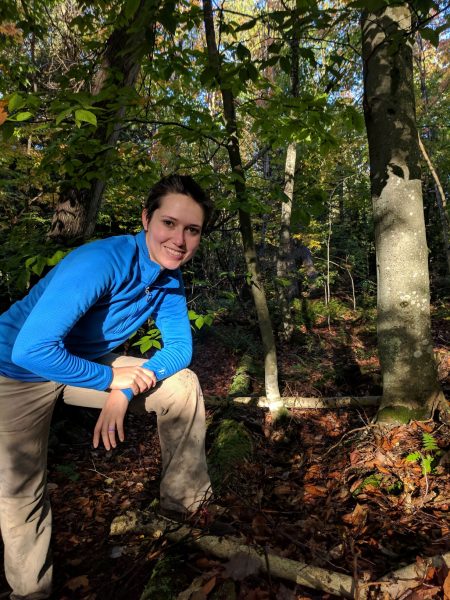
I began my Ph.D. in 2017 and currently work with Dr. Tara L Bal in the College of Forest Resources and Environmental Science. My research explores propagation and restoration planting of American beech trees resistant to beech bark disease. I am collaborating with scientists at the National Park Service (Pictured Rocks National Lakeshore and Sleeping Bear Dunes National Lakeshores) to enact an applied restoration project for the mitigation of Beech Bark Disease in Michigan.
Over the first three years of my doctoral work, I have established a tree grafting program in the CFRES facilities, described the severity of Beech Bark Disease in two National parks, prepared a literature review and synthesis regarding the propagation of American beech, forged a working partnership with the US Forest Service Oconto River Seed Orchard, established a plan for restoration plantings in conjunction with the National Park Service, and initiated a study in methods for transplanting wild-origin American beech seedlings.
My broader research interests are in understanding the dynamics of forest disease and dysfunction and applying a diverse suite of techniques to mitigate the effects of disease and enhance forest health. I aim to present the findings of my research in a clear and understandable manner to a diverse array of audiences. I work to enhance my science communication skills through written and oral presentations, and through forging meaningful working partnerships with external agencies.
I would like to extend my sincere thanks to the graduate school for supporting the finalization of my dissertation through the award of the finishing fellowship scholarship. I also thank the faculty and support staff of the College of Forest Resources and Environmental Science for creating a supportive community that has encouraged my scholarship at every stage of my degree program. Finally, the community of graduate students in the college, and Michigan Tech at large, have provided an amazing academic environment for continued personal and professional growth. I feel that my ability to perform as a researcher has been greatly benefitted by these combined communities, and they have earned my sincere gratitude.


